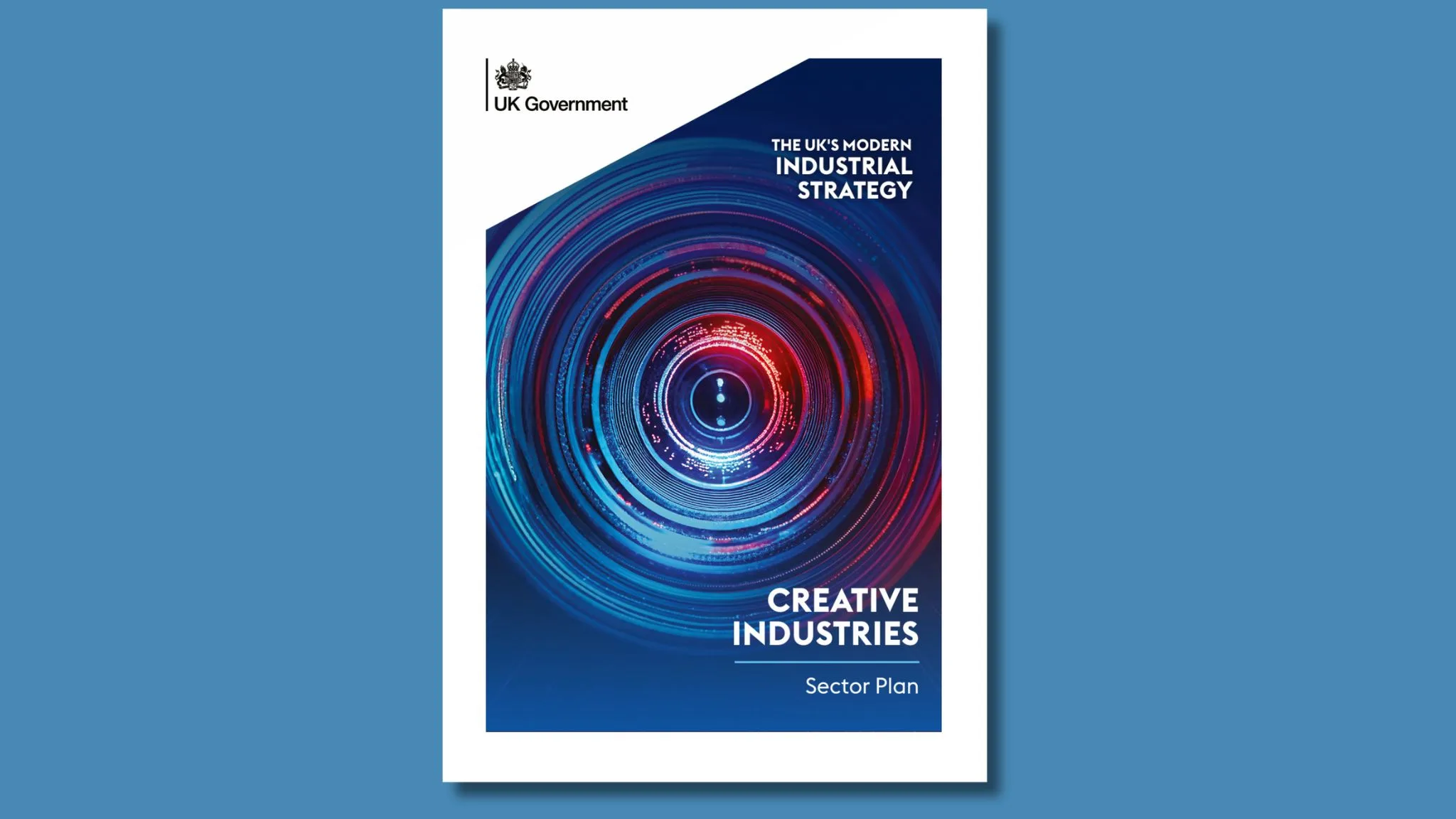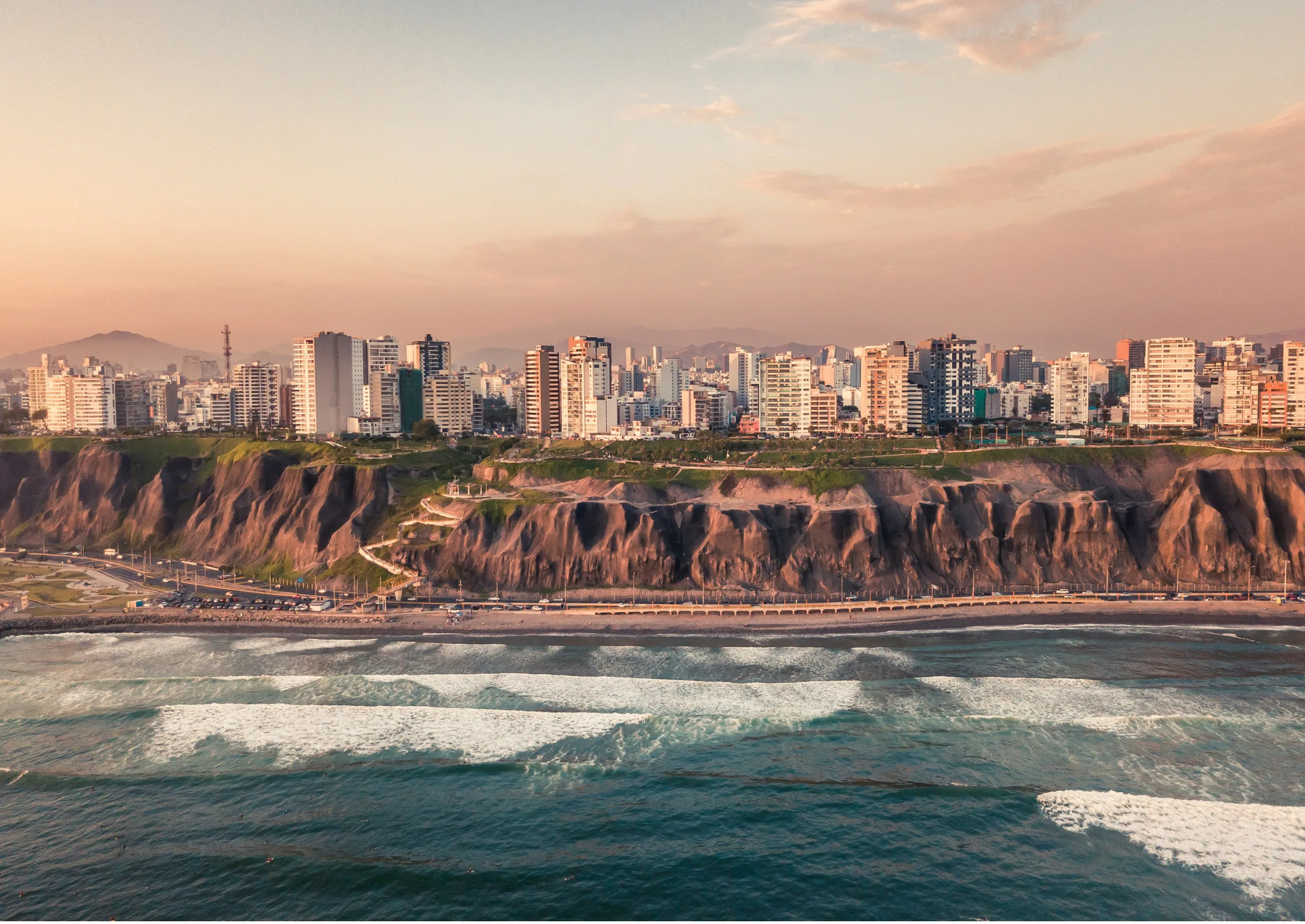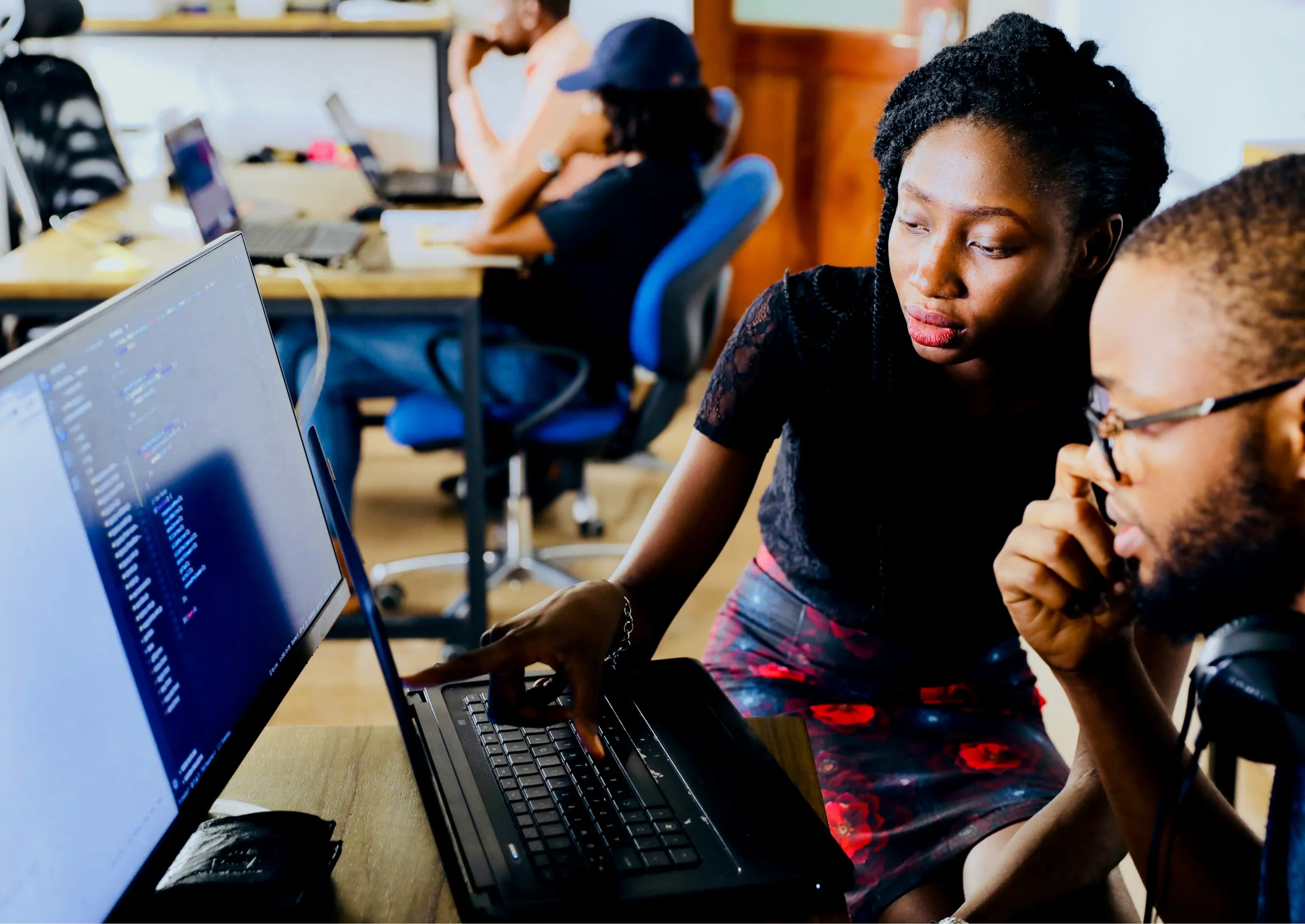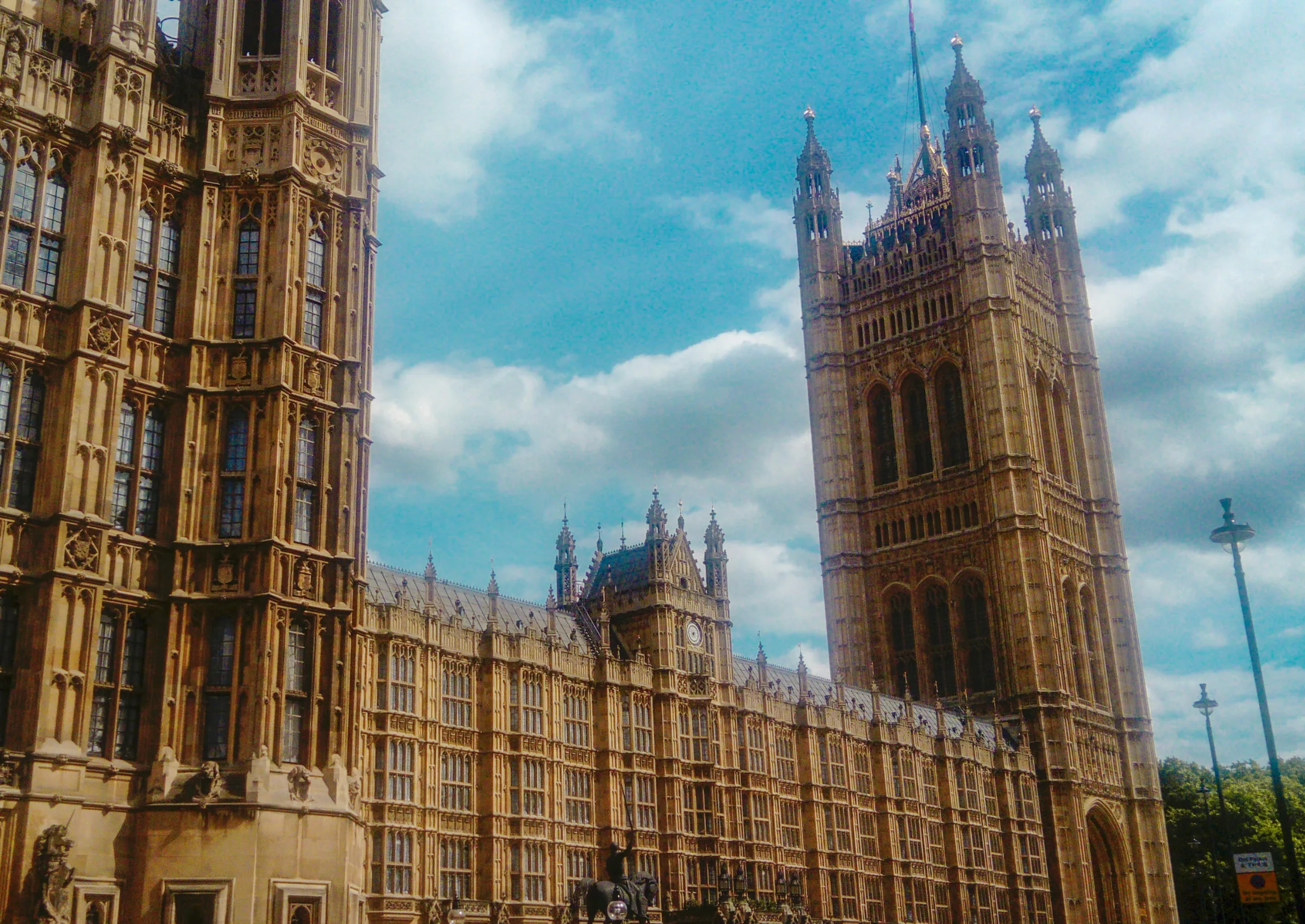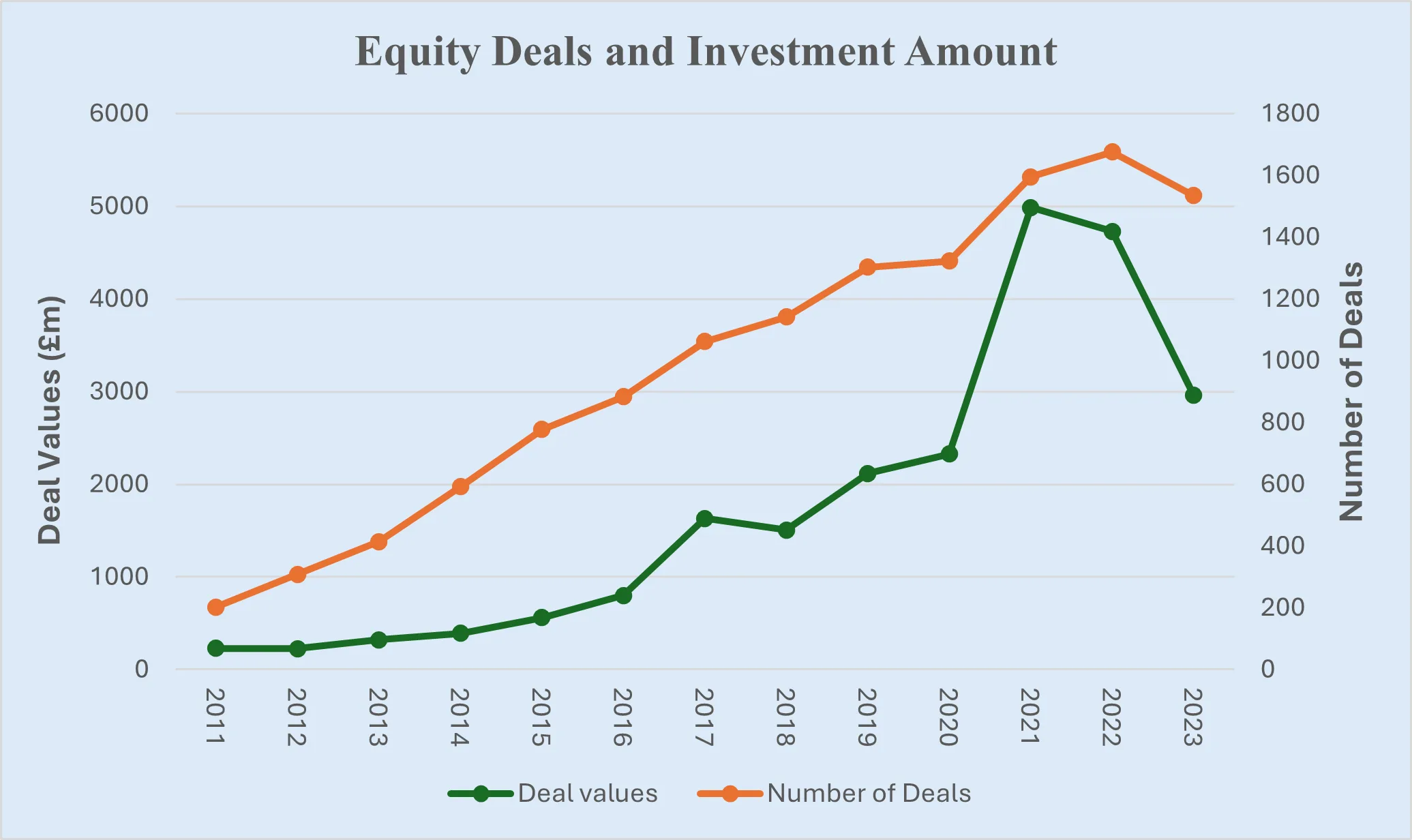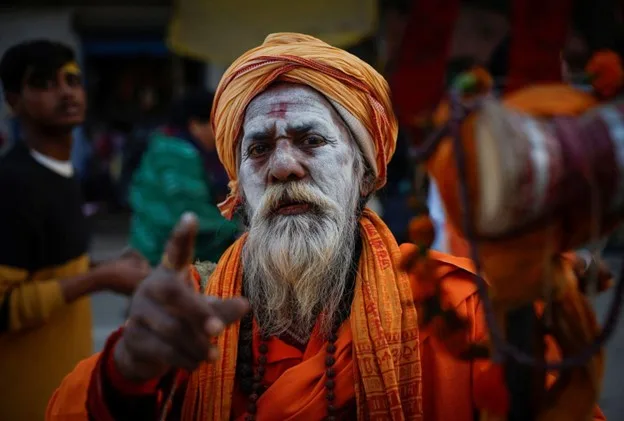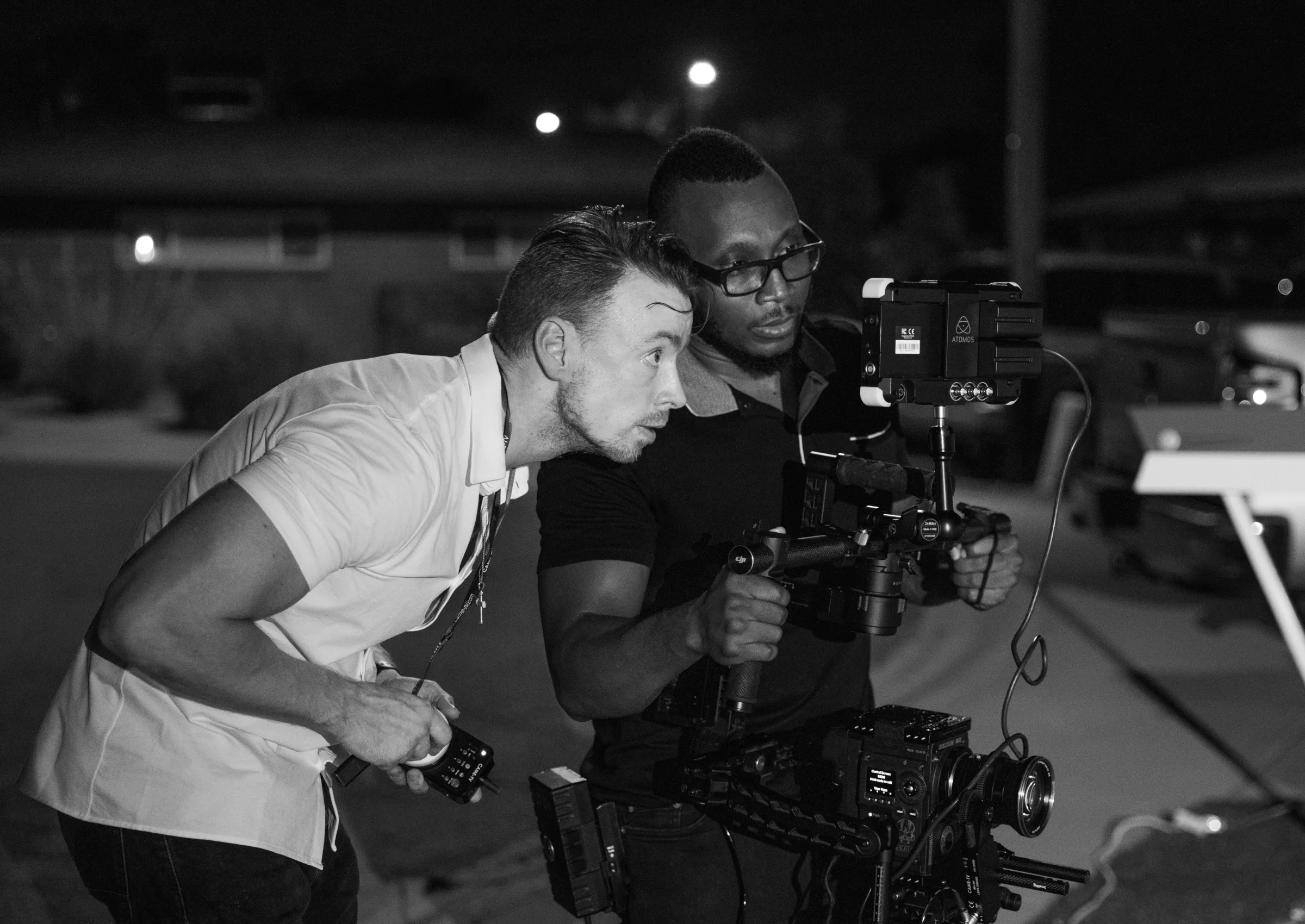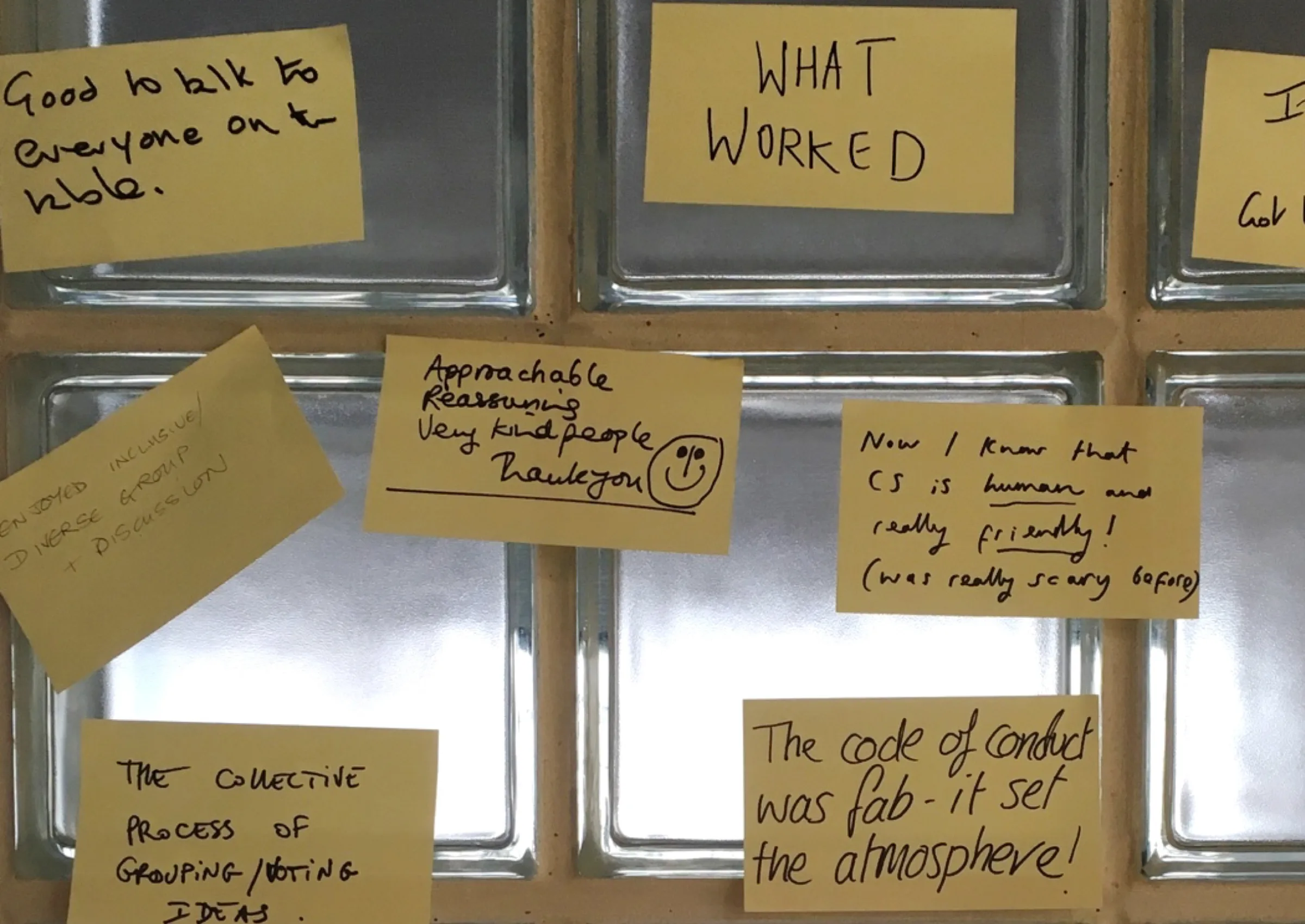The arts and cultural sector breathed a collective sigh of relief on Sunday evening (5th July) as the Government announced a £1.57 billion rescue package. The calls of pain from each art form had reached a crescendo in the establishment of a government Cultural Renewal Task Force and even comments from the heir to the Crown. Much has been made of the power of culture to raise spirits and rally communities: live cultural experiences are what we miss most in these lockdown days. However, the ‘rescue plan’ focuses mainly on the infrastructure of the arts: galleries, concert halls and venues.
Before the pandemic, the arts and cultural sector were one of the fastest growing parts of the economy, generating as massive £13 million an hour a national success. Today, and for the best part of the next year, the arts will struggle to maintain their real estate, let alone put on shows. In addition to the intrinsic value of the arts, and the economic value, there is the contribution to tourism. A weighty triple bottom line. Oxford Economics reported that the UK’s Creative Industries is estimated to face a drop of £74 billion, and 400,000 jobs as a result of COVID-19.
Sadly, the most immediate challenge of ‘keeping the lights on’ is the tip of the iceberg. Submerged, and often forgotten, are artists and all those that gain employment from arts and culture both indirectly and directly.
Arts and culture as an ‘industry’ has been massively successful in the last 25 years. This has been in both national and international terms; in employment, earnings and exports; and, in terms of urban and regional regeneration. However, these achievements have been at the expense of cultural workers who have increasingly been (self) employed on short term contracts and project work. As in the party game of musical chairs, this approach is hugely efficient and flexible but when the music stops many fall by the wayside. The nature of the ‘gig’ economy has been explored in a review of modern working practices by Matthew Taylor from Royal Society of Arts – which notes that the ‘gig’ economy affects the whole economy. But, as the name suggests, it was born in and pioneered by the cultural economy. In the ‘old days’ large organisations employed staff on permanent contracts that covered the ups and downs. In today’s economy, employment is ‘just in time’ – when the performance ends, so does the job.
It is the domination of self-employment that makes the cultural economy so flexible with the minor fluctuations; but, fatally vulnerable in the current situation. There is no work, nor prospect of work. The Government’s self-employment COVID-19 relief is difficult to apply to such variable earnings patterns as those found in the cultural sector, plus they will take time to claim. However, without some support even if the arts infrastructure usable to open its doors, there will be nobody to tread the boards.
Of course, the whole economy needs support at times like these; however, a particular case can be made for culture based on its unique exposure to risk, and its value to the economy and society. So, what is needed is not a new ‘Arts Council’, ‘Festival of Britain’, or Edinburgh Festival’ (all game-changing results of the post-war cultural investment). These need to be supported, but extra effort has to be expended on the cultural workers and to add some support to their labour conditions.
Before COVID-19, workers were falling over-themselves for unpaid internships, as well as paid work higher up the scale. The opportunity to be sick, care for somebody, or have a pension was all a pipe dream (and one of the reasons why the sector fails so badly on BAME representation, and social class). Some have called for a Universal Basic Income for all, or just for artists. This is unlikely to generate political favour. However, a scheme for temporary workers – ‘Intermittents Du Spectacle – has been running successfully in France for many years. Moreover, surprisingly, here in the UK under the Thatcher administration, the 1981 Enterprise Allowance Scheme inadvertently gave many young creatives their first opportunity to develop their own business (self-employment).
I would argue that now we need a mix of the two: what we might call the ‘cultural labour exchange’. This could have three prongs:
1. Register all cultural workers (they would then get a basic income)
2. Offer a fairer labour exchange (rather than recruitment on the basis of who you know)
3. Sponsor training (which is for many, done in their own time ‘between jobs’)
The future of culture is the future of ‘live’. Clearly, a proposal such as that outlined above would require collaboration of the creative economy employers, and government, and cultural workers. However, it could offer a way out of the ‘race to the bottom’ that the ‘gig economy’ offers; creating a sustainable foundation for fair work and an improved, more efficient and inclusive labour market for cultural workers, and even greater enjoyment for audiences.
Photo by James Barr
The PEC’s blog provides a platform for independent, evidence-based views. All blogs are published to further debate, and may be polemical. The views expressed are solely those of the author(s) and do not necessarily represent views of the PEC or its partner organisations.
Related Blogs
Taking stock of the Creative Industries Sector Plan
We summarise some of the key sector-wide announcements from the Creative Industries Sector Plan.
Why higher education matters to the arts, culture and heritage sectors
Professor Dave O’Brien, Professor of Cultural and Creative Industries at University of Manches…
What does the 2025 Spending Review mean for the creative industries?
A read out from Creative PEC Bernard Hay and Emily Hopkins On Wednesday 11th June the UK Government …
Bridging the Imagination Deficit
The Equity Gap in Britain’s Creative Industries[1]. by Professor Nick Wilson The creative industries…
Why accredited qualifications matter in journalism
Journalism occupations are included on the DCMS’s list of Creative Occupations and, numbering around…
All Together Now?
Co-location of the Creative Industries with Other Industrial Strategy Priority Sectors Dr Josh Siepe…
The Mahakumbh Mela, India, 2025
The festival economy: A Priceless Moment in Time Worth GBP 280 Billion in Trade Jairaj Mashru looks …
Class inequalities in film funding
Professor Dave O’Brien, University of Manchester, Dr Peter Campbell, University of Liverpool and Dr …
Creative self-employed workforce in England and Wales
Dr Ruoxi Wang, University of Sheffield and Bernard Hay, Head of Policy at Creative PEC Self-employed…
What just happened to funding for culture in Scotland?
First the facts: Creative Scotland announced the outcome of its new Multi-Year Funding Programme on …
Copyright and AI – a new AI Intellectual Property Right for composers, authors and artists
Background The new technology landscape emerging from the super rapid progress in developing AI, Gen…

